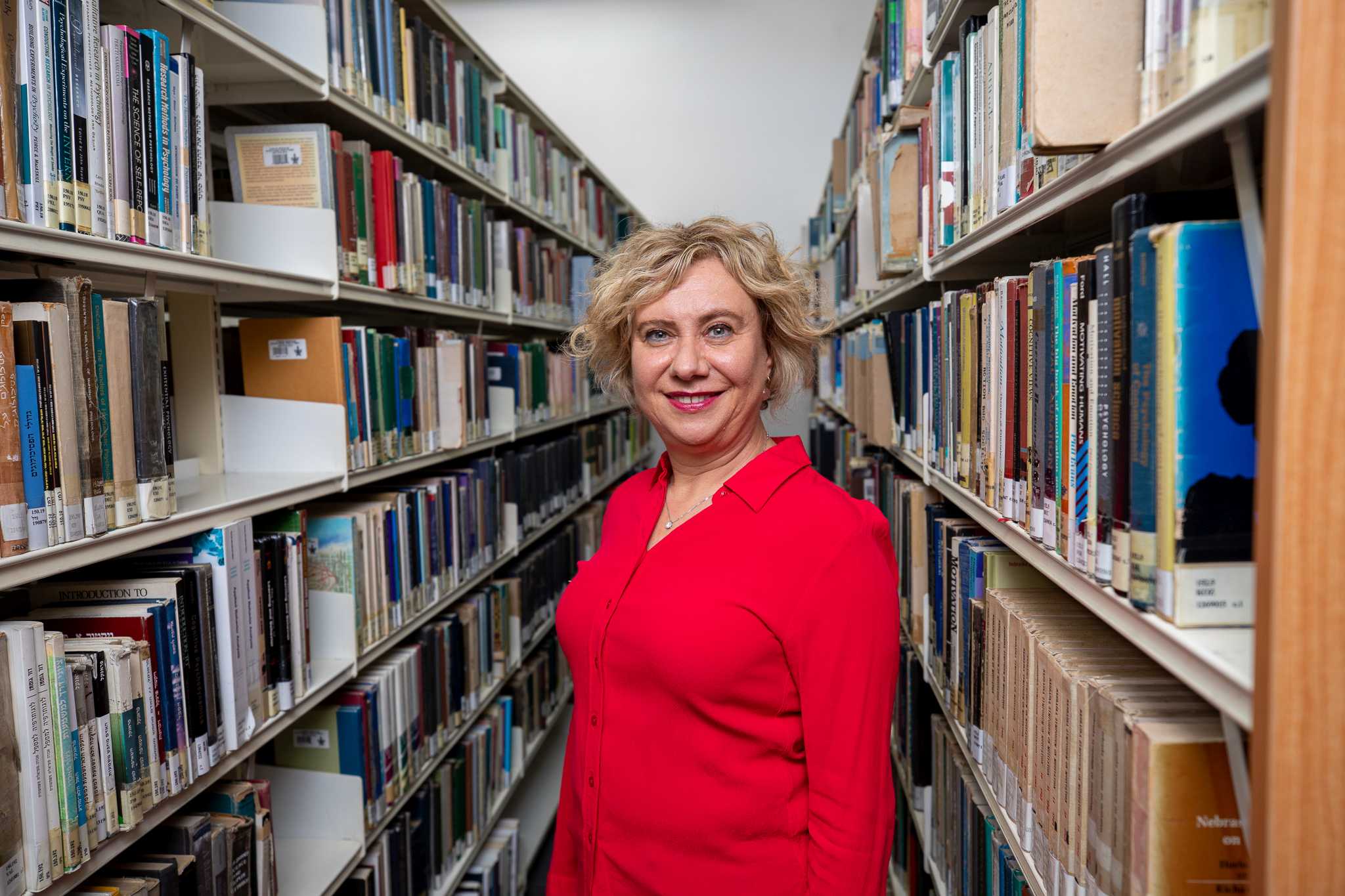
Global First: Center for Combating Pandemics
TAU is combining interdisciplinary expertise with Israeli ingenuity to fight COVID-19 and future epidemics.
By Rava Eleasari
Despite tens of millions of cases worldwide and rising, SARS-Cov-2, the new coronavirus also referred to as COVID-19, remains largely misunderstood. The scientific and medical communities still do not know the causes – or long-term effects – of the killer virus’s wide range of symptoms. As more and more countries, including Israel, experience a second wave of COVID-19, with rising death rates and devastating economic consequences, it is more urgent than ever to crack the virus and secure a more certain future for all.
Against this backdrop, Tel Aviv University recently launched the Center for Combating Pandemics, the first of its kind in Israel and possibly the world. Building on TAU’s innovation record, interdisciplinary culture, and strong links with hospitals, industry and government, the Center has three main foci. It will strive to improve frontline containment of infection, bolster biomedical knowledge for developing vaccines and treatments, and strengthen nations’ capacity to ensure social and economic resilience. It will coordinate among the 100 groups researching the coronavirus across campus, as well as provide master’s and doctoral fellowships, upgrade labs and equipment, host visiting professors, run conferences and workshops, and facilitate international collaborations.
Seed funding for the Center has been generously provided by founding donor and TAU Honorary Doctor Frank Lowy, TAU Governors Dr. Kathy Fields-Rayant and Dr. Garry Rayant, the Yuri Milner Foundation, and Yad Hanadiv. The Center was inaugurated in an online ceremony and webinar on October 18.
“In the past 15 years, the world has seen a string of viral pathogens infect large numbers of people, among them SARS, MERS, swine flu and avian flu. Clearly, we are not safe from dangerous emerging diseases,” says Center Head Prof. Itai Benhar of TAU’s Shmunis School of Biomedicine and Cancer Research. “We must look ahead.”

Pandemics Center Head Prof. Itai Benhar. Photo: Moshe Bedarshi.
Improving frontline performance
To ensure that Israel – and other countries – are better prepared, the Center will establish a Frontline Response Program. To this end, the Center will assemble groups of experts from fields such as preventive and emergency medicine, epidemiology, disaster management, psychology, social work and the health professions, along with data science, environmental studies and engineering. These teams will fine-tune tools and protocols for halting transmission.
Examples include a recent project, funded by Google, at TAU’s AI and Data Science Center for research employing AI techniques and advanced statistical methods to improve COVID-19 public health measures. Using government data, the researchers are building a model of the spread of the pandemic to assist in planning and testing various methods for stopping infection.
In another project, a team led by Prof. Motti Gerlic and Prof. Ariel Munitz, both of TAU’s Sackler Faculty of Medicine, has developed a robotic blood test for antibodies against the coronavirus and is working with the Israel Defense Forces to test the method on soldiers.
Developing vaccine and therapies
Along with improving the emergency response to the pandemic, the Center will establish a Biomedical Solutions Task Force aimed both at deepening understanding of the basic mechanisms underlying the virus and at developing up-to-the-minute, precision drugs and technologies to diagnose, treat and prevent it. Dozens of TAU scientists are already making widely reported breakthroughs, often with colleagues at TAU-affiliated hospitals.
One particularly promising direction is the vaccine research of Prof. Jonathan Gershoni of the Shmunis School of Biomedicine and Cancer Research. His vaccine candidate, which targets a vulnerability in the coronavirus’s well-known “spike” protein, was awarded a U.S. patent along with major funding from the 3M corporation. Other projects include repurposing a melanoma “nano-vaccine” to fight COVID-19 and the development of an antibody cocktail, which is expected to treat and temporarily prevent the virus.
Must History Repeat Itself?“It was one of the worst outbreaks, killing 100,000 in just seven months. All public entertainment was banned and victims were forcibly shut into their homes to prevent the spread of disease.” –Account of the bubonic plague epidemic in London, 1665 |
Supporting fact-based policymaking
The Center will mobilize scholars from non-biomedical fields including economics, law, public policy, management and education in a Social and Economic Resilience Think Tank aimed at informing national policy. Their goal will be to objectively look at what’s happening today, ask hard questions, and recommend solutions.
Questions could include: How do we as a society provide equitable access to medical services and resources to all those in need? How do we care for our elderly, vulnerable and disadvantaged groups? How do we strike the right balance between individual rights and public welfare?
“The COVID-19 pandemic has taught us that you can’t separate the medical crisis from the socioeconomic crisis,” says Prof. Sigal Alon of the Department of Sociology and Anthropology, who studies employment. “The Center for Combating Pandemics will boost my ability to incorporate different perspectives in my recommendations to decision-makers to improve the job market in the corona era.”

Prof. Sigal Alon. Photo: Moshe Bedarshi.
Center Head Prof. Benhar concludes: “Over the longer term, we envision the Center not only contributing to global efforts to combat and contain the current crisis, but also building the scientific and professional foundations to enable us to successfully cope with the next one.”
